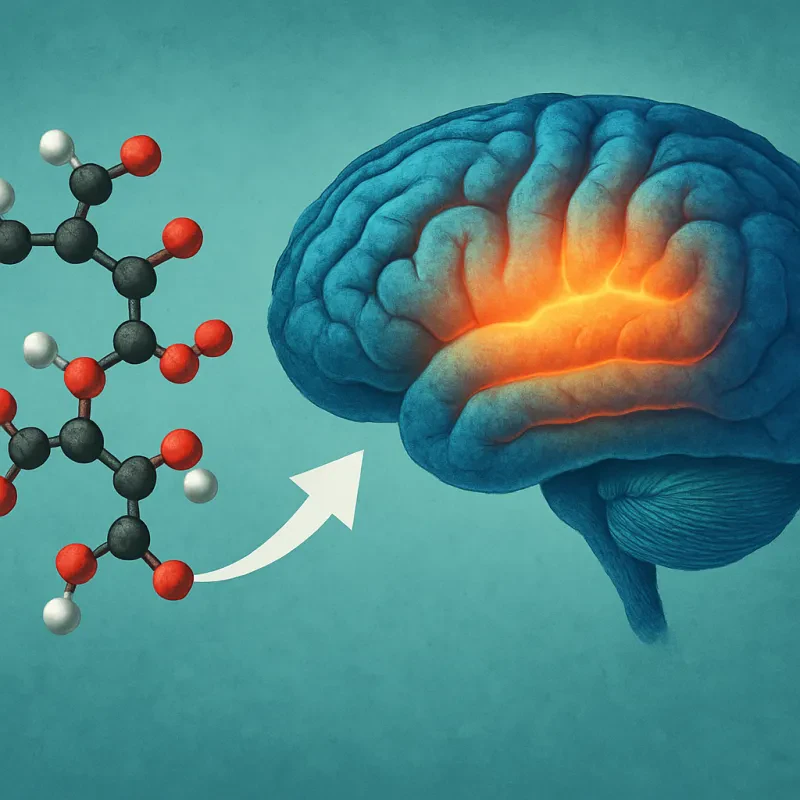Quercetin is a powerful plant compound found in many fruits, vegetables, and grains. Think of it as a natural superhero when it comes to fighting inflammation and supporting your immune system. You’ll find it in foods like onions, apples, berries, and even green tea! This makes it easy to add to your diet while reaping its numerous benefits.
One of the key reasons people are buzzing about quercetin is its role in managing histamine response. For those who suffer from allergies or have sensitivities, histamine can trigger a host of uncomfortable symptoms, from sneezing to itchy eyes. Quercetin helps stabilize mast cells — the cells that release histamine — which can mean fewer allergy symptoms for you when you need it most.
But the benefits of quercetin don’t stop there. It also acts as a natural antioxidant, fighting off free radicals in your body. This can help reduce oxidative stress and support overall health. With quercetin, you’re not just helping your body handle histamine; you're giving it a boost in resilience. It's a win-win!
If you're considering adding quercetin to your routine, look for supplements that are easy to take. Some come in capsules, while others might be in powder form that you can mix into drinks. Just remember, it’s always a good idea to check with a healthcare provider, especially if you’re currently on medication or have health concerns. Exploring quercetin benefits for histamine response could be a game-changer in how you manage allergies and support your health!
How Quercetin Helps with Histamine Issues
Quercetin is a natural plant compound that’s found in a lot of fruits and veggies, like apples, onions, and berries. People often turn to it when they're dealing with histamine issues, and for good reason! It acts like a natural antihistamine, helping to manage those annoying symptoms like itching, sneezing, and even headaches that can come from histamine reactions.
When you consume quercetin, it works by stabilizing mast cells. These cells release histamine during allergic responses. By keeping those cells in check, quercetin helps reduce the likelihood of those pesky histamine flares. This is one of the key Quercetin benefits for histamine response—it provides a more natural way to cope with the discomfort.
Another way quercetin helps is by reducing inflammation. Histamine can cause inflammation in your body, leading to various symptoms. Quercetin’s anti-inflammatory properties can help soothe those reactions and make you feel more at ease. It's like having a natural shield against discomfort!
If you're thinking about adding quercetin to your routine, it's generally considered safe. You can find it in supplement form or increase your intake through your diet. Just remember, as with any supplement, it’s always a good idea to check in with a healthcare professional before starting. That way, you can get the most out of its Quercetin benefits for histamine response while ensuring it fits well with your health needs.
Top Food Sources of Quercetin
If you’re looking to boost your intake of quercetin—a powerful antioxidant known for its potential health benefits—you're in luck! Many delicious foods are rich in quercetin, making it easy to include them in your diet.
Here’s a quick rundown of top food sources packed with quercetin:
Adding these foods to your meals can help you enjoy the quercetin benefits for histamine response while savoring flavors you love. Start experimenting with these ingredients today and watch your dishes come alive!
Tips for Taking Quercetin Effectively
Taking Quercetin can be an excellent way to support your body, especially if you're looking into its benefits for histamine response. Here are some tips to help you take Quercetin effectively and get the most out of it.
Timing is Key
Pair with Vitamin C
Stay Consistent
Consult with a Professional


